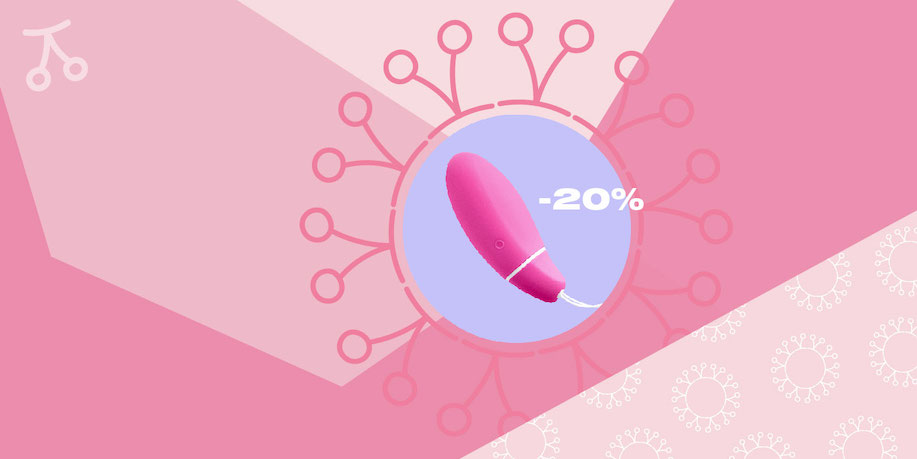What is Vaginal Atrophy Awareness Week?

‘Vaginal atrophy’ is an oddly terrifying phrase, even if you’re not 100% sure what it means. Yet, this condition can affect roughly half of people post-menopause. To raise awareness of this condition, including how to treat it, the UK celebrates Vaginal Atrophy Awareness Week from December 5th to 13th. Here’s what you need to know about the condition, and how it might affect you in the future.
What is Vaginal Atrophy?
Also known as atrophic vaginitis, this condition means the thinning, drying and inflammation of the vaginal walls that may occur when your body has less estrogen, hence why it’s most common after menopause. However, drops in estrogen can be caused by other things, such as certain hormonal birth controls, during breastfeeding, and during chemotherapy.
Vaginal atrophy is known as genitourinary syndrome of menopause (GSM) because it can not only make penetrative sex painful, but has urinary effects as well. So you might experience vaginal dryness and discomfort, as well as have Burning with urination, urgent or frequent with urination, recurring UTIs and urinary incontinence.
According to the Mayo Clinic, some other risk factors for GSM include smoking (which we already know has a ton of negative effects for our intimate and general health), if the person has never given a vaginal birth, and lack of sexual activity. Sexual activity, whether solo or partnered, brings blood flow to your vagina which helps it retain elasticity.
How is Vaginal Atrophy Treated?
So if sexual activity and orgasms can help prevent and lessen vaginal atrophy, is it as easy as remembering to masturbate? Not quite! Because vaginal dryness is a symptom, that sexual activity might not be comfortable. Hence, using feminine moisturizers can help with discomfort. Topical estrogen creams or daily pills may also be prescribed by your doctor.
As with many issues that come with aging, prevention can be your best bet. Regular pelvic floor exercises (whether with a Kegel training device or not) can be an easy addition to your routine to try and mitigate vaginal atrophy. And you’re never too young to start doing Kegels!

Lane Baumeister is an internationally-based Canadian writer with several years’ experience creating educational and entertaining articles that discuss intimate health and sexual well-being. When not waxing profound about menstruation, she devotes herself to enjoying extremely good food and equally bad movies.


